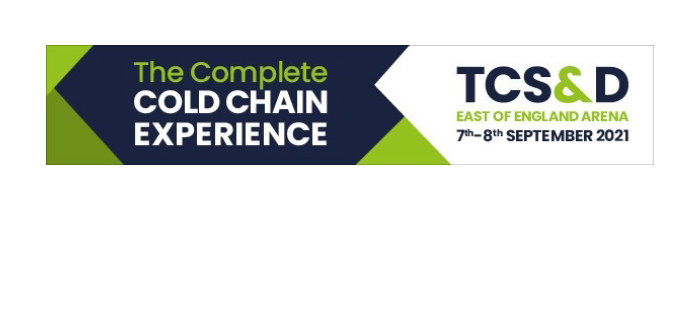-
GOPLASTICPALLETS.COM AND GOMI TEAM UP TO CREATE INNOVATIVE TECH FROM END-OF-LIFE PALLETS - 24 hours ago
-
Nulogy Introduces the Manufacturing Operating System - February 27, 2026
-
Bliss Direct scales to 300 daily orders and saves 25 hours per week with Forterro’s Orderwise ERP - February 25, 2026
-
Wootzwork raises $6.6M to bring predictability to offshore manufacturing - February 25, 2026
-
Rite-Hite unveils new range of hydraulic kits to upgrade and extend dock leveller performance - February 19, 2026
-
REWE and Cimcorp automate fresh supply chain for Berlin supermarkets and stores - February 19, 2026
-
NULOGY’S SHOP FLOOR SOFTWARE TO POWER COMPLETE CO-PACKING’SOPERATIONS - February 13, 2026
-
Wallapop and Albatross Sign Strategic Partnership to Bring Real-Time AI Discovery to the Future of Consumer-to-Consumer Commerce - February 12, 2026
-
Thorworld ramp helps Hubergroup to streamline its unloading operation - February 6, 2026
-
A journey from apprentice to fully qualified paint sprayer - February 5, 2026
Budget should include distance-based lorry charging to make road freight efficient, say campaigners
New UK Government figures show that road freight is inefficient with only 34 per cent of HGVs fully loaded by volume and 30 per cent travelling around completely empty.
Therefore, Campaign for Better Transport is calling for a distance based lorry charging system, in the Budget , capable of measuring the actual impact lorries have on our roads.
A distance-based lorry charging system, instead of the existing old fashioned time-based system, would force the road haulage industry to be more efficient and thus reduce lorry miles, something which has not happened so far without financial incentives.
Furthermore a distance based system could differentiate charging, based on vehicles’ pollution, to incentivise newer less polluting vehicles.
Recent research for Campaign for Better Transport showed that heavy goods vehicles (HGVs) are only paying around 30 per cent of their costs in terms of road congestion, road fatalities and pollution . These conclusions are in line with two separate pieces of research .
Philippa Edmunds, Freight on Rail Manager said:
“Currently, road haulage is very competitive but not efficient. Introducing distance-based lorry charging, which is common-place in most Western countries, will make road haulage more efficient and thereby reduce congestion, road fatalities, road damage and pollution as well as allowing sustainable modes to compete more fairly. For example, in Germany empty lorries have reduced from 29 per cent to 18 per cent.”
She added:
”The latest FTA report, Do HGVs pay their way, issued this week, fails to even mention any of the congestion, collisions and pollution impacts of lorries. And yet the latest Government figures show that HGVs are almost seven times more likely than cars to be involved in fatal collisions on minor roads. In terms of road infrastructure damage, the standard 44 tonne 16.5 metre HGV, the industry workforce, is 136,000 times more damaging than a Ford Focus.
































